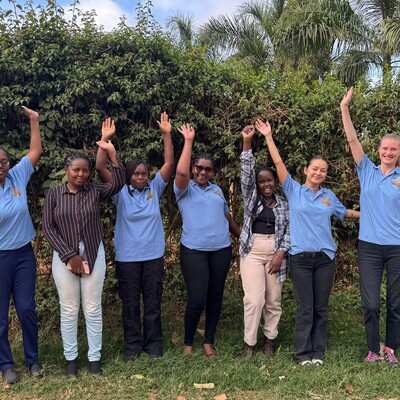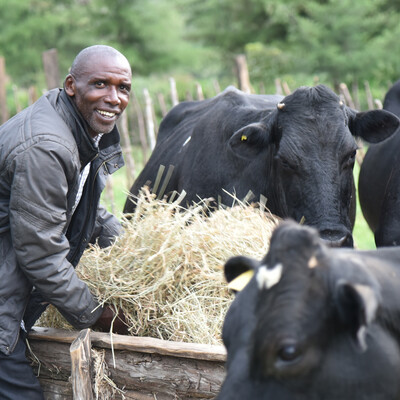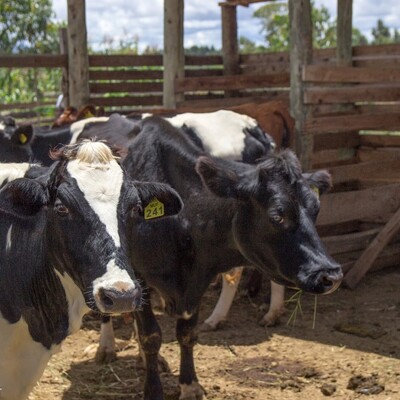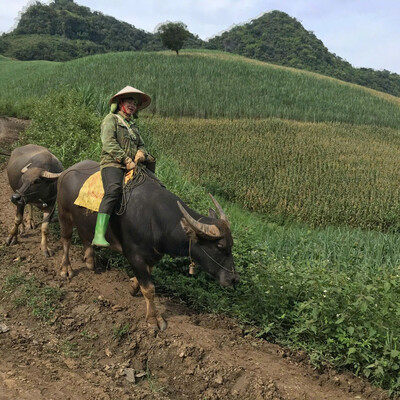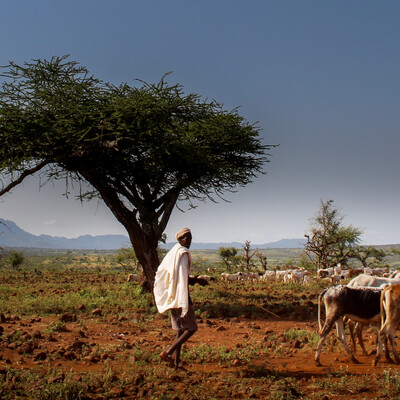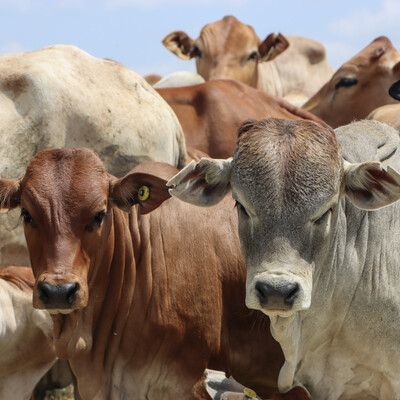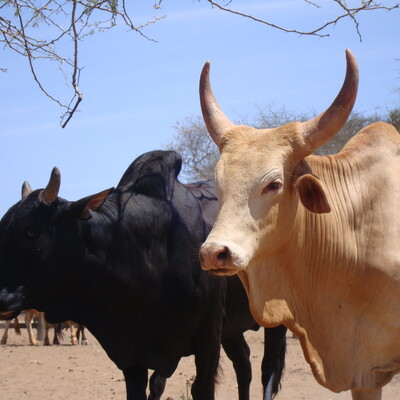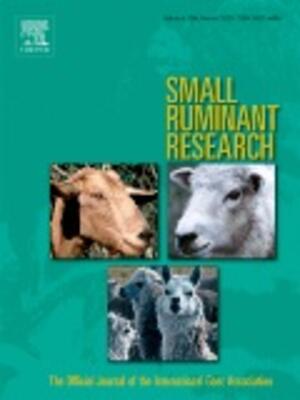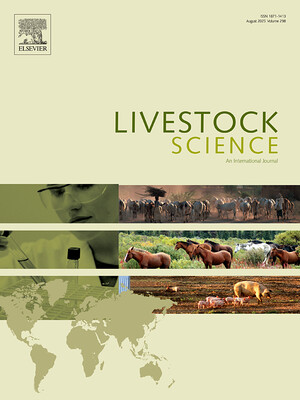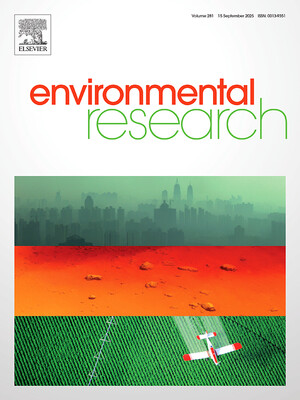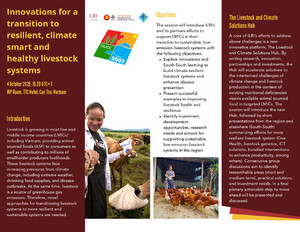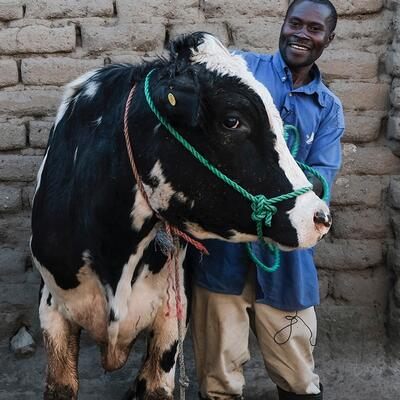
COP26: Towards Sustainable Livestock Systems
On 10 November 2021, a side event of the UNFCC COP26 titled ‘Towards Sustainable Livestock Systems’ was hosted by the governments of the Netherlands, New Zealand, Colombia, Kenya, the International Livestock Research Institute (ILRI), and Wageningen University and Research (WUR) to discuss actionable ways in which the global community can support a climate-neutral, biodiversity-friendly, and food secure livestock sector.
The event featured presentations from government officials and scientists and a panel discussion among members of the smallholder farming, government, and research sectors. The overarching takeaway was a need for cross-sector collaboration, knowledge sharing across governments, and the consideration of farmers’ perspectives in development plans to achieve sustainable—and feasible—livestock systems across the globe.
Jorge Mario Diaz, Executive Director of AGROSAVIA, said that the role of public policy and government specifically is to tear down the existing walls between different sectors by facilitating coordination among actors and creating a space that allows for a shared vision of the future.
Harry Kimutai, Principal Secretary of the State Department for Livestock of the Ministry of Agriculture, Livestock, Fisheries, and Cooperatives of Kenya, acknowledged the productivity strain that climate change places on the livestock sector through heat stress and unpredictable weather patterns. The event was an opportunity to create networks that will support the necessary climate policies to implement adaptation and mitigation strategies.
For Social Designer at Twijnstra Gudde, Susan Arts, a key consideration in the transition towards sustainable livestock systems is the need for an approach that ‘invites people to become co-creators of innovation’ by putting livestock keepers’ perspectives at the centre and understanding their values, motivations, and how they relate to climate change.
Emma Naluyima, Ugandan smallholder farmer and private veterinarian, described her approach. Using an integrated farming practice, she shared how she reduces the environmental and financial costs by growing earthworms to feed her chickens and using manure to grow her vegetables, among other methods. However, to support other farmers in similar initiatives, she said they need to be given the necessary knowledge in an accessible way, which led her to emphasize the need for science communicators.
Senead Waters, a research officer at TEAGASC, was optimistic about methane emissions and livestock in the future. According to Waters, there have been successful programs to breed low methane emitting animals. She said that breeding for these animals can be incorporated into breeding programs as a measure to achieve more sustainable livestock systems. She also said that Ireland has been conducting a series of long-term trials to make sustainable feed additives accessible and adaptable to different food systems.
Senior Agriculture Specialist at the World Bank, Caroline Plante identified actions that have worked in promoting sustainable livestock through her observation of the Regional Sahel Pastoralism Support Project. According to Plante, they start by facilitating dialogue to identify the gaps that they can feasibly address and enable evidence-based policies. In the process, they make sure to incorporate different key actors, and from the dialogue, they develop specific investments in critical areas and lay the groundwork for future decades of investments.
The event’s call to action was clear: countries and sectors must collaborate to produce context-specific policies that are evidence-based and support sustainable livestock systems while considering the needs of farmers and livestock keepers.
Click to watch Towards Sustainable Livestock Systems






